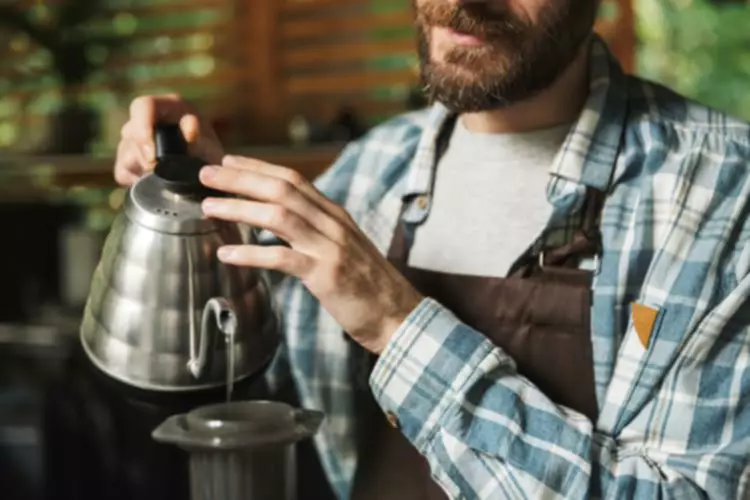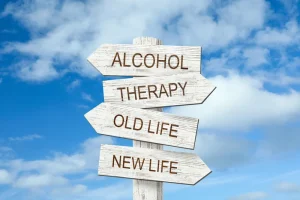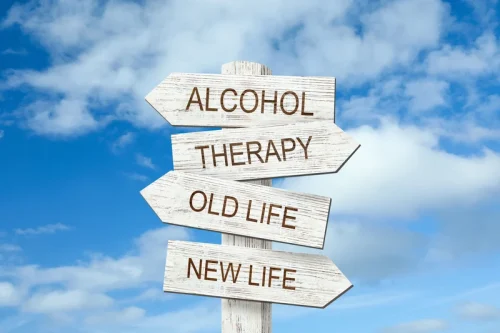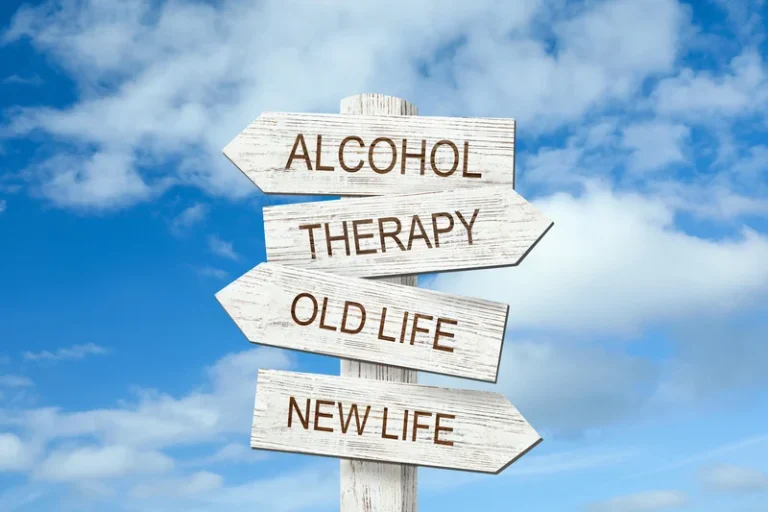Alcoholic Neuropathy: Causes, Symptoms, & Treatments
- Sober living
- Posted by
- Leave your thoughts

However, these signs should never be ignored—especially when paired with a history of long-term or heavy alcohol use. Left untreated, alcoholic neuropathy can progress to more severe complications such as muscle weakness, coordination problems, chronic pain, and even permanent nerve damage. Alcohol’s toxic effects on nerves, combined with nutritional deficiencies (especially B vitamins) common in heavy drinkers, contribute to the development of this condition.
Alcoholic Neuropathy: Symptoms, Treatment, and Recovery Timelines
Person’s compliance to treatment and consumption of alcohol is very crucial in the recovery process. Most persons who follow medical advice well and continue with rehabilitation program as advised show better chances of recovery from alcoholic neuropathy. People in whom the disease progression is not advanced, alcoholic neuropathy can be reversed, but it may take few weeks to months with continuous support. Alcoholic neuropathy can be permanent if the nerve damage is severe and alcohol intake continues.
What are the Signs & Symptoms of Alcoholic Neuropathy?

Medication can help reduce some of the symptoms of alcoholic neuropathy. The most important strategy against alcoholic neuropathy lies in preventing the symptoms from getting worse by decreasing alcohol consumption as soon as possible. The medical community has recognized that addiction is a disease and some people are predisposed to it. As a result, it is usually necessary to get medical help to manage alcohol use disorder.
Comprehensive Addiction Treatment
- Our muscles need to receive a message from nearby nerves in order to function.
- Your chances of fully recovering can be improved with early diagnosis and treatment.
- A commitment to living a healthy lifestyle can bring significant improvement, and in some cases, a full recovery.
- However, folate or B12 shortage can occur when you don’t get enough vitamins and minerals from your usual diet.
- For instance, occupational therapy may help with learning new ways to perform daily tasks, while counseling can provide emotional support and strategies for dealing with addiction.
- A doctor may suggest an inpatient detox when a person’s alcohol use disorder is very severe.
- For others, treatment may not reverse existing symptoms but can prevent further nerve damage and help stabilize the condition, offering a better chance at maintaining functionality.
Alcoholic neuropathy is caused by nutritional deficiency, as well as toxins that build up in the body. Alcohol decreases the absorption of nutrients such as magnesium, selenium, and vitamins B1 and B2, causing significant deficits that affect many areas of the body, including the nerves. The sooner you stop drinking alcohol, the more favorable your outlook is if you have alcohol-related neuropathy. Research suggests you can recover from some or all of the nerve damage caused by alcohol-related neuropathy.

Nutritional Therapy

Antioxidants found in berries, peaches, cherries, red grapes, oranges, and watermelon, among other foods, aid in lowering inflammation and lessen nerve damage. Additionally, it has been discovered that cranberries, blueberries, and grapes are rich in resveratrol, a potent anti-inflammatory substance. Schwann cells can aid in the regeneration and functional restoration of injured nerves. Damaged nerves can often regenerate at a pace of one millimeter per day or one inch per month. If there is a large amount of scar tissue or a space between the severed nerve ends, surgery is required.
The condition occurs when nerves responsible alcohol neuropathy for carrying signals between the spinal cord and the rest of the body are damaged by alcohol. It is essential to work closely with medical professionals to manage and monitor your progress. Alcoholic neuropathy can feel overwhelming, but it’s important to remember that improvement is possible. While the path might not be easy, taking the first step is often the hardest part. By recognizing how alcohol affects your nervous system and seeking help, you can greatly improve your chances of reversing nerve damage and reclaiming your quality of life.

What Are the Treatments for Alcoholic Neuropathy?

Medicines may be needed to treat pain or uncomfortable sensations due to nerve damage. They will be prescribed the smallest dose of medicine needed to reduce symptoms. This may help prevent drug dependence and other side effects of chronic use. Avoiding excessive amounts of alcohol is the primary way to prevent alcoholic neuropathy. If you notice you are developing signs of alcoholic neuropathy (such as numbness after drinking alcohol), in addition to seeing a physician, try to stay away from alcohol altogether. If you are having difficulty avoiding alcohol, there are resources that can help you quit.
Preventing Further Nerve Damage
They tested alcoholism doses up to 900 mg daily, even though 300 mg was the suggested amount. Examining benfotiamine’s effects in conjunction with other B vitamins is equally crucial. Alcohol damages the kidneys by impairing the body’s capacity to filter out chemicals, toxins, and other potentially harmful substances. Alcohol’s diuretic properties, which cause the system to dry up, are another issue.
Alcoholic neuropathy is a debilitating condition resulting from prolonged excessive alcohol consumption, leading to nerve damage throughout the body. This condition manifests when ethanol in alcohol and its metabolites, like acetaldehyde, harm nerve tissues, disrupting their normal functions. Over time, chronic alcoholism can deplete the body of essential nutrients, particularly B vitamins like thiamine, which are crucial for nerve health. This deficiency, combined with the toxic effects of alcohol on nerve cells, precipitates the development of neuropathic symptoms. The symptoms of alcoholic neuropathy can significantly impair an individual’s quality of life. Initially, symptoms might include tingling, numbness, or a burning sensation in the extremities, particularly the feet and hands.

